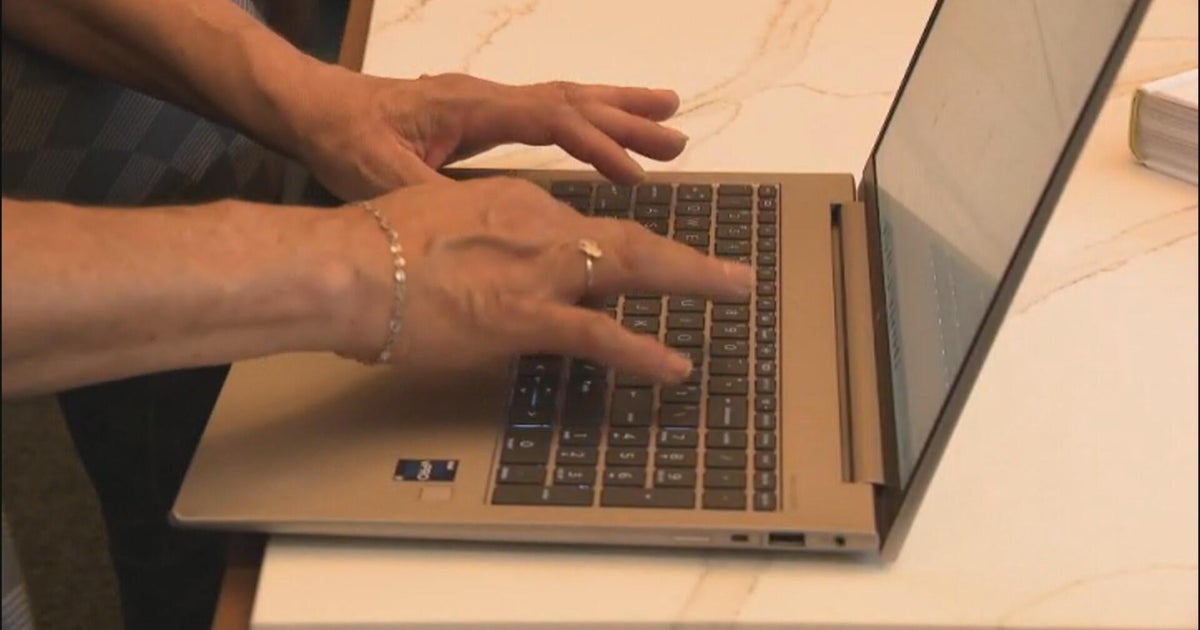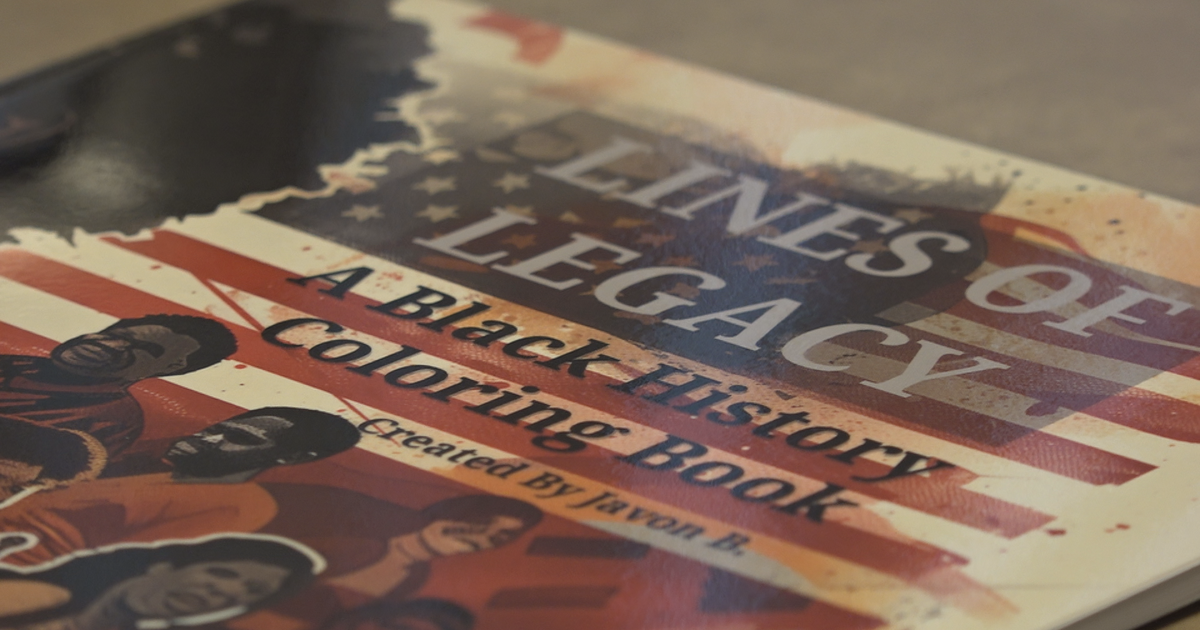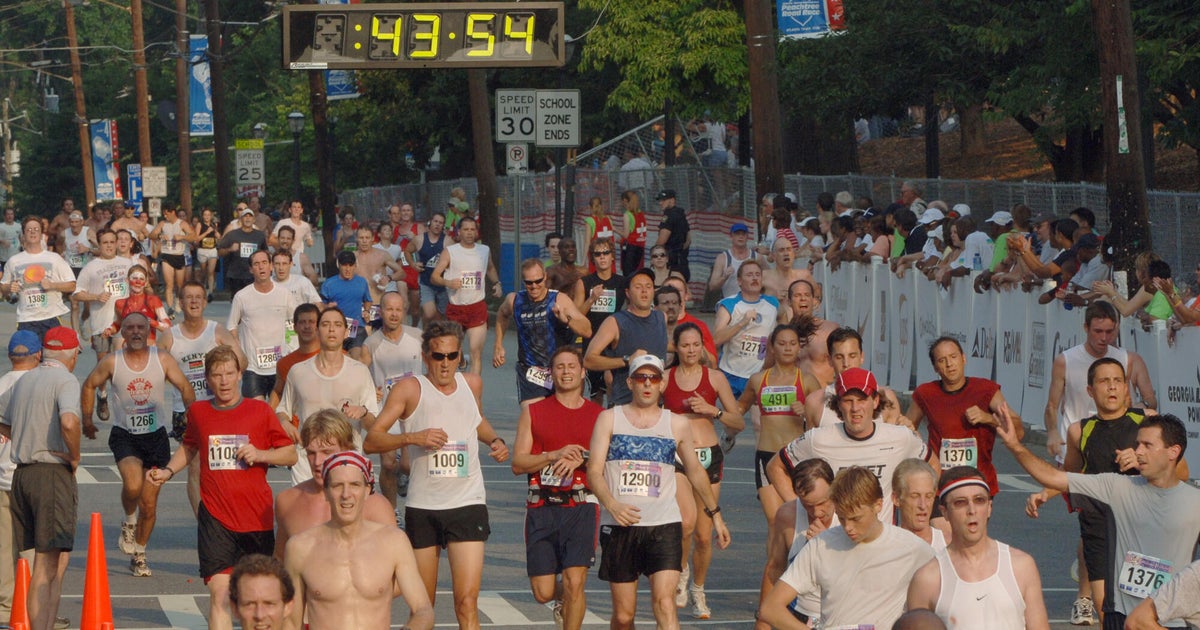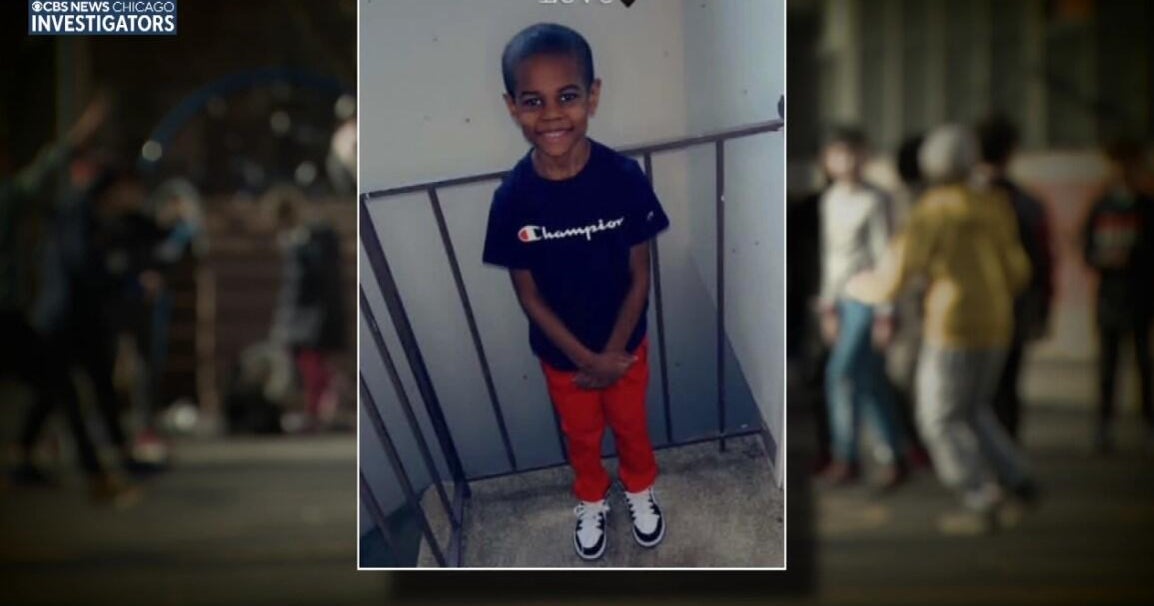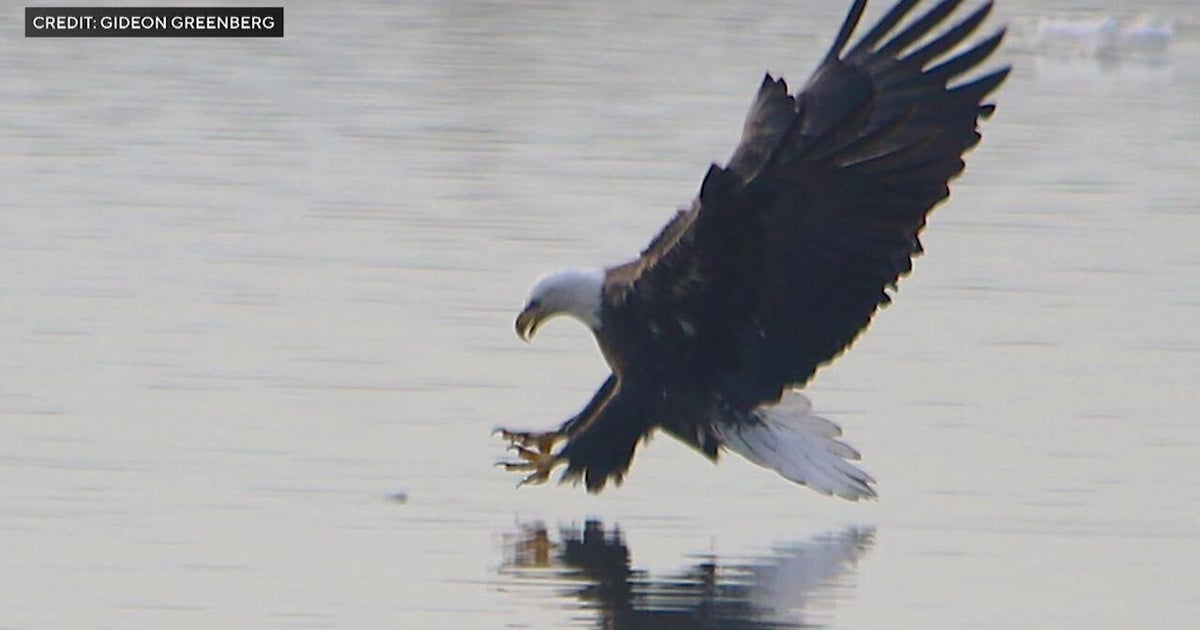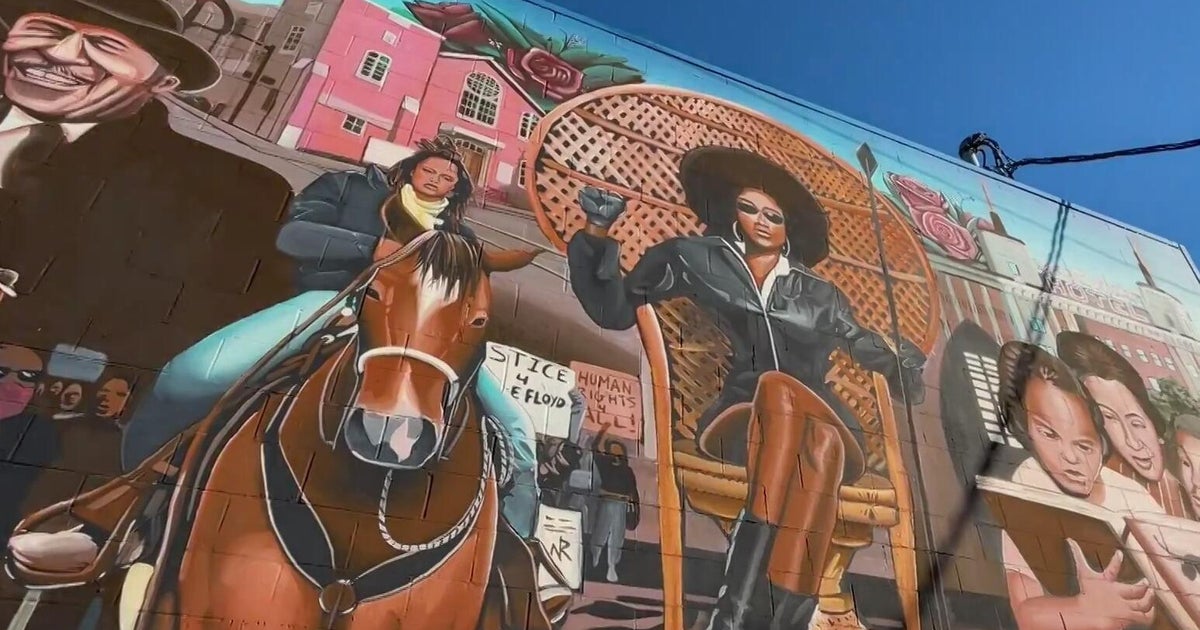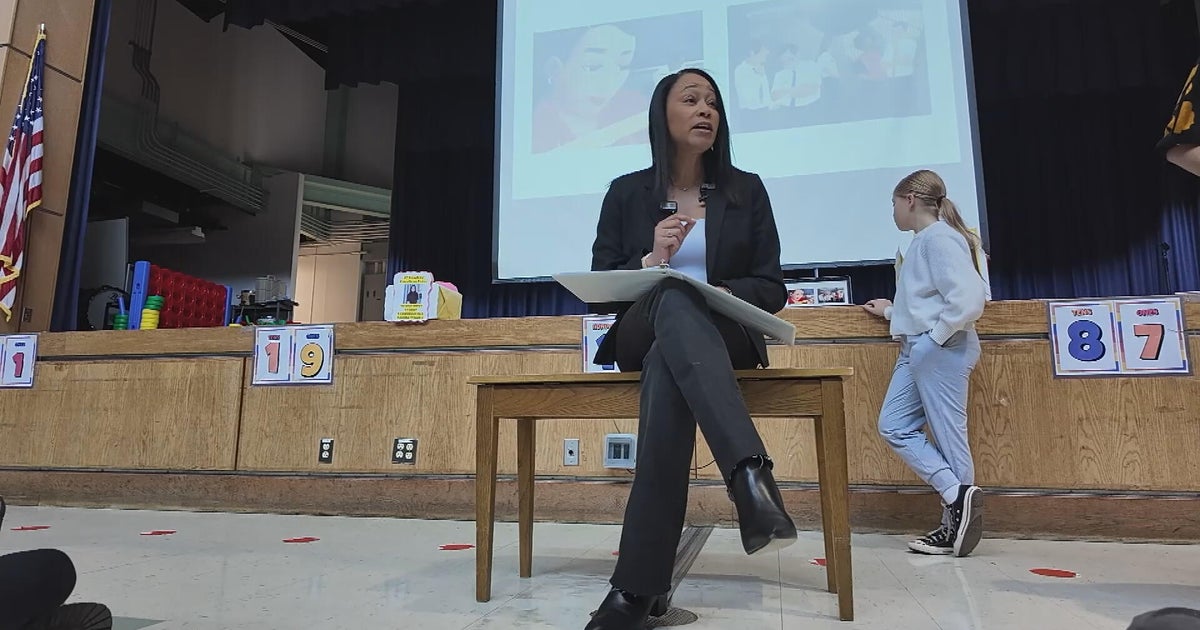Freediving Could Lead To "Drowning at the Surface"
MIAMI (CBS4) - It's one of the most exhilarating things you can do in South Florida year round: hunt underwater.
"It's exciting," declared Robert Richardson. "It's just being underwater and just the serenity and just all the life around you. It's gorgeous I think."
For brothers Robert and David Richardson freediving has been a way of life, and almost a way of death.
"It was four years ago," Robert told CBS4's David Sutta. "It was my birthday and I wanted to go out and have some fun with some friends."
After a day of spear fishing Robert wanted to test his freediving skills, going deeper than he or his brother had ever been... 100-feet.
"We ended up going down to the bottom, giving each other a thumbs up and then headed back up to the surface," said Robert. "And uh... just before I got to the surface I checked to see where David was in relation to me and I looked down and he was blacked out underwater. Kind of in a slumped position. So I went down to him... still a bit concerned about why he was doing this and if this was a joke or not. I gave him a push... and when he turned with the current I realized he was unconscious and that's when I grabbed onto him and started kicking up to the surface with him and that was the last thing I remember."
"So you blacked out?" asked Sutta.
"I also blacked out yeah," replied Robert.
Shallow water blackout is essentially running out of oxygen. It is the biggest threat freedivers face. Your body shuts down. You have no control over anything as your body starts breathing water.
Using a large plastic bottle to represent a diver's body on one breath of air taken on the surface just before a dive, Sutta showed how as you sink underwater... your body becomes squeezed by water pressure. Oxygen is diverted to your heart and your brain. Eventually though you run out of oxygen. And in the sport of freediving you must make it to the surface before that happens.
Often the blackout happens right around the surface, essentially drowning at the surface.
"I have no memory of ever being low on oxygen," said Robert.
"It felt like, I felt like I was fine," brother David told Sutta.
"I felt completely fine," said Robert. And then just the next thing you know I'm in the back of a boat when I woke up."
The brother's luckily floated to the surface and friends spotted them.
"I felt like somebody had reached down inside my chest and got ahold of my heart and started squeezing," recalled the boy's mother, Julie Richardson.
In a single moment, Julie Richardson's life changed dramatically. She was about to lose not one, but both of her sons.
"They both told me that they saw a really bright light," remembered Julie. "David said mom it was like looking into a welder's torch. It was so bright! And uh... I think they were teetering on the edge of life and death. And their friends brought them back and I just believe it was a miracle. There were 60 breath hold incidents reported to DAN that year Divers Alert Network. There were 3 survivors. Two of them were my sons. I, I just am very grateful."
In fact, because so few freedivers survive shallow water blackout, few medical professionals even know how to treat survivors. Dr. Ivan Montoya is one of only three or four doctors in South Florida with that type of specialty.
"It's basically you die or most of the time you have a problem with near drowning," exclaimed Dr. Montoya with Mercy Hospital. "A shallow water blackout diver or patient is a drowning patient. There's nothing special that you do for that. You either die or it's a near drowning."
"You're lucky," Sutta announced to the brothers.
"Yes!" said Robert.
"You're still doing it?" asked Sutta.
"Yes of course absolutely," replied Robert.
David told Sutta, "We were back in the water two weeks later."
"Yes," said Robert.
Sutta commented, "It's been described to me as a beautiful way to die."
"Yeah!!! I'd say so," said David.
"Absolutely!" agreed Robert. "Without a doubt. If I were to die that would be the way to go."
The brothers now follow strict rules. One dives at a time, always with a buddy watching. And they now wear a new freediver vest that detects shallow water blackout and shoots them to the surface.
"We try to wear it as much as possible," said Robert.
"Especially on deeper dives," added David.
A second and third lease on life.
In the months that followed the accident Julie Richardson actually trained in freediving and started an organization called Divewise to educate freedivers. She believes freediving is still safe... as long as you follow the guidelines.
